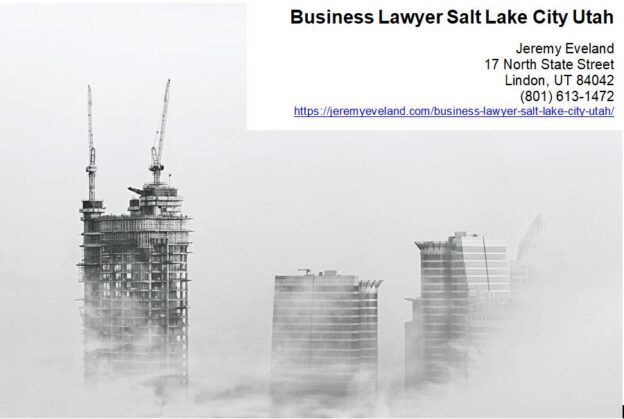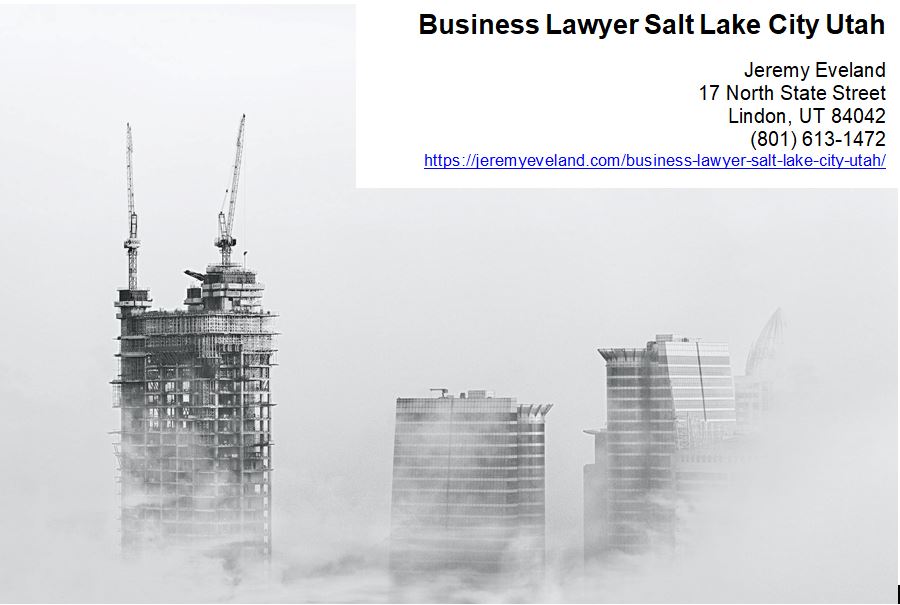In the realm of manufacturing companies, achieving and maintaining I-9 compliance is of utmost importance. The I-9 form, issued by the U.S. Citizenship and Immigration Services (USCIS), serves as a crucial tool to verify the identity and employment eligibility of employees. For manufacturing companies, large or small, understanding the intricacies of I-9 compliance is essential to avoid costly penalties and maintain legal compliance. By adhering to the requirements and guidelines set forth by the USCIS, manufacturing companies can ensure a smooth and uninterrupted workflow while simultaneously upholding the rights of their workforce. In this article, we will explore the key aspects of I-9 compliance for manufacturing companies and address commonly asked questions regarding the topic.
I-9 Compliance For Manufacturing Companies
Manufacturing companies, like any other business, are required to comply with I-9 regulations to ensure that their workforce consists of individuals who are authorized to work in the United States. The I-9 form, issued by the U.S. Citizenship and Immigration Services (USCIS), plays a crucial role in verifying the identity and employment authorization of all employees hired by manufacturing companies. Non-compliance with I-9 regulations can result in severe consequences, including civil and criminal penalties, reputational damage, and loss of government contracts. It is essential for manufacturing companies to understand the importance of I-9 compliance, the basic overview of the I-9 form, steps for properly completing it, and best practices to ensure compliance.
Understanding the Importance of I-9 Compliance
I-9 compliance refers to the process of completing and maintaining accurate I-9 forms for each employee within an organization. It is crucial for manufacturing companies to comply with I-9 regulations due to several reasons. Firstly, it is a legal requirement for all employers to verify the identity and employment authorization of their employees. By establishing compliance, manufacturing companies mitigate the risk of employing unauthorized workers and ensure a legal and ethical hiring process. Secondly, I-9 compliance helps protect businesses from potential civil and criminal penalties imposed by authorities for non-compliance. Lastly, it helps maintain a positive reputation, as companies that demonstrate commitment to I-9 compliance are seen as responsible employers valuing legal employment practices.
Consequences of Non-Compliance
Non-compliance with I-9 regulations can have serious consequences for manufacturing companies. Understanding these consequences is essential to establishing the urgency and importance of ensuring I-9 compliance within the organization.
One of the consequences of non-compliance is the imposition of civil penalties. These penalties can range from hundreds to thousands of dollars per violation, depending on the severity and frequency of non-compliance. In addition to civil penalties, manufacturing companies may face criminal penalties if they knowingly hire or continue to employ unauthorized workers.
Non-compliance with I-9 regulations can also result in reputational damage and loss of business. News of violations can spread quickly, leading to a loss of trust among clients, customers, and business partners. In some cases, manufacturing companies may even face the termination or loss of government contracts, which can have severe financial implications.
Basic Overview of the I-9 Form
The I-9 form is a critical document used for verifying the identity and employment authorization of employees. It consists of three sections and requires both the employer and the employee to provide specific information.
Section 1 of the I-9 form is completed by the employee and includes personal information, such as their full name, address, date of birth, and Social Security number. It also requires the employee to attest to their employment authorization status.
Section 2 is completed by the employer or an authorized representative. It requires the employer to physically examine and verify the authenticity of the documents provided by the employee as proof of identity and employment authorization.
Section 3 is used for reverifying and rehiring employees whose work authorization has expired or changed.
Steps for Properly Completing the I-9 Form
To ensure compliance with I-9 regulations, manufacturing companies should follow these steps for properly completing the I-9 form:
-
Section 1 – Employee Information and Attestation: Provide each new employee with the I-9 form on or before their first day of work. Instruct the employee to complete Section 1 of the form, ensuring all required fields are filled accurately and legibly.
-
Section 2 – Employer or Authorized Representative Review and Verification: Within three business days of the employee’s first day of work, review the documents provided by the employee and complete Section 2 of the I-9 form. This section requires the employer to document the type of identification and employment authorization documents presented by the employee, as well as the document’s issuing authority, number, and expiration date.
-
Section 3 – Reverification and Rehires: If the employee’s work authorization has expired or changed, complete Section 3 of the I-9 form to document the reverification process. This section ensures that the employee’s continued employment is authorized.
Key Information to Collect from Employees
When completing the I-9 form, manufacturing companies must collect and document specific information from their employees. This information serves as proof of identity and employment authorization. The following are the key pieces of information that manufacturing companies should collect:
-
Proof of Identity: Employees must provide one or more documents that establish their identity, such as a valid passport, driver’s license, or government-issued photo identification card.
-
Proof of Employment Authorization: To establish employment eligibility, employees must provide documents such as a Social Security card, birth certificate, or employment authorization document issued by the USCIS.
Verification and Documentation Process
The verification and documentation process for the I-9 form involves several important considerations for manufacturing companies.
Manufacturing companies must accept and review only specific documents listed on the USCIS document lists. These lists categorize documents into acceptable options for establishing both identity and employment authorization. It is essential to familiarize oneself with these lists to ensure compliance.
Expired documents should not be accepted as proof of identity or employment authorization during the verification process. However, certain documents, such as a U.S. passport or permanent resident card, do not have expiration dates and remain valid even if presented after their issuance.
Recordkeeping Requirements
Manufacturing companies are required to keep completed I-9 forms for their employees for a specific period. According to the U.S. Citizenship and Immigration Services, I-9 forms should be retained for three years after the date of hire or one year after the employee’s termination, whichever is later. Failure to maintain proper and organized recordkeeping can result in penalties during audits and inspections.
It is crucial for manufacturing companies to develop a systematic approach to recordkeeping to ensure compliance with the I-9 regulations. This can involve implementing a secure and organized system for storing physical documents or maintaining electronic records in a manner that meets USCIS requirements.
Common Mistakes to Avoid
When completing the I-9 forms, manufacturing companies must be mindful of common mistakes that can lead to non-compliance. By avoiding these mistakes, companies can ensure their I-9 forms are accurate, complete, and in alignment with the regulations:
-
Incomplete or incorrect information on the I-9 form: Ensure that all required fields are completed accurately and legibly by both the employee and the employer. Missing or incorrect information can lead to non-compliance.
-
Ignoring reverification requirements: If an employee’s work authorization expires, it is the employer’s responsibility to reverify the employee’s employment authorization. Failure to do so can result in non-compliance.
-
Improper document review and acceptance: It is crucial to review and verify the authenticity of the documents presented by employees. Accepting invalid or fraudulent documents can result in non-compliance.
-
Failure to properly complete Section 3 for rehired employees: If an employee is rehired with a different identity or employment authorization, Section 3 of the I-9 form must be completed to reflect the change.
Best Practices for I-9 Compliance in Manufacturing
To ensure I-9 compliance, manufacturing companies can adopt the following best practices:
-
Employee Training and Education: Provide comprehensive training and education to employees involved in the hiring process. Ensure they understand the importance of I-9 compliance and how to properly complete the forms.
-
Periodic Internal Audits: Conduct regular internal audits to review I-9 forms for accuracy, completeness, and compliance. This helps identify and rectify any potential issues before they become legal liabilities.
-
Engaging an Immigration Attorney: It is beneficial for manufacturing companies to work with an immigration attorney who specializes in employment compliance. They can provide guidance, advice, and assistance in navigating the complexities of I-9 regulations.
FAQs about I-9 Compliance for Manufacturing Companies
What happens if an employee cannot provide the required documents?
If an employee cannot provide the required documents for the I-9 form, the employer should follow the guidelines provided by the USCIS to determine how to proceed. Employers are required to allow employees a reasonable period to provide the necessary documents, and alternative forms of identification may be accepted in certain circumstances.
Do I need to reverify an employee if their work authorization expires?
Yes, employers are responsible for reverifying an employee’s work authorization if it expires. Failure to do so can result in non-compliance. Employers should reverify an employee’s work authorization before it expires to ensure continuous compliance.
What penalties can be imposed for I-9 non-compliance?
Non-compliance with I-9 regulations can result in civil penalties ranging from hundreds to thousands of dollars per violation, depending on the severity and frequency of non-compliance. In addition, employers who knowingly hire or continue to employ unauthorized workers may face criminal penalties. Reputational damage and loss of business, including government contracts, are also potential consequences of non-compliance.
How often should I conduct internal audits of I-9 forms?
Manufacturing companies should conduct internal audits of I-9 forms on a regular basis to ensure compliance. The frequency of audits may vary depending on the size of the company and the volume of hiring. It is recommended to perform audits at least annually or whenever significant changes occur that may impact compliance.
Can I electronically store and sign I-9 forms?
Yes, employers have the option to electronically store and sign I-9 forms, as long as they comply with the USCIS requirements for electronic storage and signature. Electronic storage systems must ensure the integrity, accuracy, and reliability of the retained documents. Employers should consult with an immigration attorney or expert to ensure compliance with electronic storage regulations.
In conclusion, I-9 compliance is of utmost importance for manufacturing companies to ensure a legal and ethical workforce. By understanding the regulations, properly completing the I-9 form, collecting the necessary information, and implementing best practices, manufacturing companies can protect themselves from potential penalties and reputational damage. Engaging an immigration attorney and conducting regular internal audits are effective strategies to remain compliant. Stay informed, train employees, and prioritize I-9 compliance to maintain a strong and law-abiding business.






